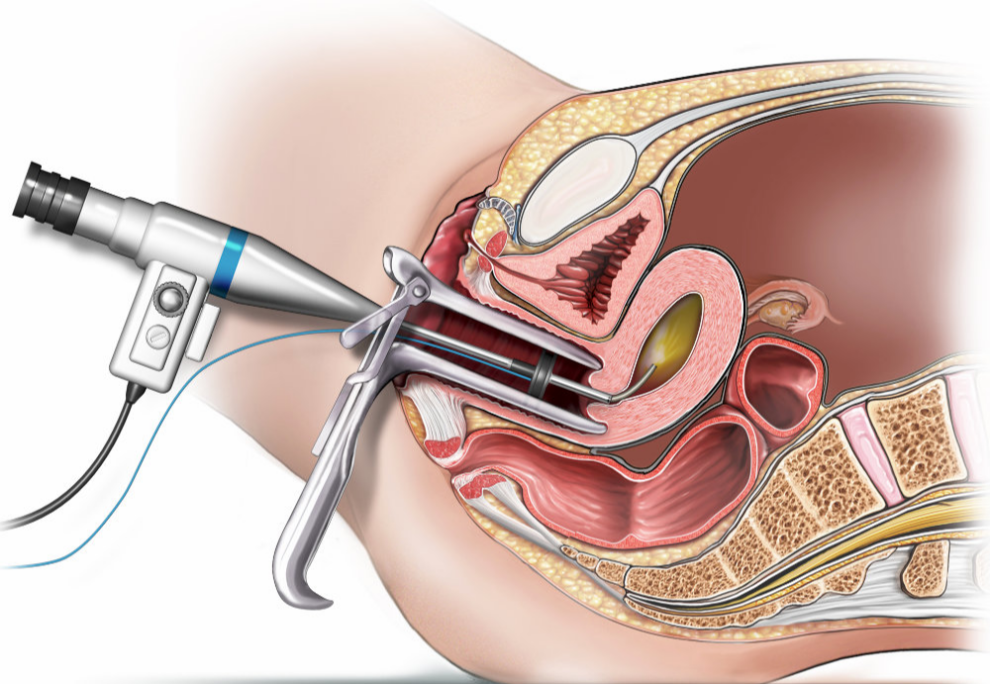Are you living with infertility and have experienced recurrent miscarriages? Infertility can be discouraging if you are trying to build your family, but you do not have to continue living with disappointment. Gen 5 Fertility Center offers hysteroscopy to look inside your uterus and determine the possible reason for your infertility. Depending on your doctor’s findings, your doctor can perform a diagnostic and operative procedure. Sometimes, your doctor will open blockages to increase your chances of pregnancy. The following discussion will give insight into what a hysteroscopy does and what you should expect during and after a hysteroscopy.
When Is A Hysteroscopy Necessary?
During a fertility evaluation, your doctor can use hysteroscopy to diagnose reasons for repeated miscarriages. A hysteroscopy will also identify scarring, blocked fallopian tubes, and growths affecting fertility. Your doctor can also recommend hysteroscopy as a diagnostic procedure to identify conditions causing abnormal symptoms like uterine bleeding and irregular spotting between periods. During a hysteroscopy, your doctor can correct uterine conditions like polyps, fibroids, adhesions, and septum.
Is There A Timing For A Hysteroscopy?
Your doctor will likely recommend a hysteroscopy a week after you finish your menstrual bleeding, especially if you have regular periods. Such timing allows for the best viewing of your uterus. On the other hand, if you have irregular menstrual cycles, you will work with your doctor to determine the correct time for your hysteroscopy.
What Should You Expect During A Hysteroscopy?
Your doctor will ask you to empty your bladder before the procedure. Generally, you will receive local anesthesia to help you relax and not feel pain during the procedure. After you are in the right position, your doctor will begin with a pelvic exam and dilate your cervix so the hysteroscope can go in. Next, your doctor will insert the hysteroscope and send a liquid solution into your uterus to allow clear viewing of your uterus and fallopian tubes. Your doctor will inspect the openings of your fallopian tubes and uterine cavity. If there are abnormalities, your doctor will insert surgical instruments and correct the abnormalities.
Is Hysteroscopy A Safe Procedure?
Generally, a hysteroscopy is safe, but complications can still occur, though rarely. Your complications may include infection, heavy bleeding, reaction to anesthesia, and the liquid solution for expanding your uterus. During the procedure, your doctor may also injure your cervix, uterus, or bladder, and you may also develop intrauterine scarring.
How Long Will Recovery Take From Hysteroscopy?
Your recovery may depend on the type of hysteroscopy procedure you had. Usually, your doctor will advise you to avoid douching, sexual intercourse, and inserting anything into your vagina for two weeks. You may also have to avoid hot baths and tubs and swimming during recovery.
Hysteroscopy allows your doctor to look into your uterus to diagnose and treat conditions that may be affecting your fertility. Before the procedure, you will have time to talk to your doctor about the duration of the procedure, the specifics, and what to expect during recovery. During hysteroscopy, your doctor may perform additional procedures like laparoscopy to open fallopian tube blockages and allow you natural pregnancy. Generally, hysteroscopy is a safe procedure with minimal side effects that rarely occur. Your recovery will depend on the procedure you undergo, and you will receive instructions on what to do during recovery.







